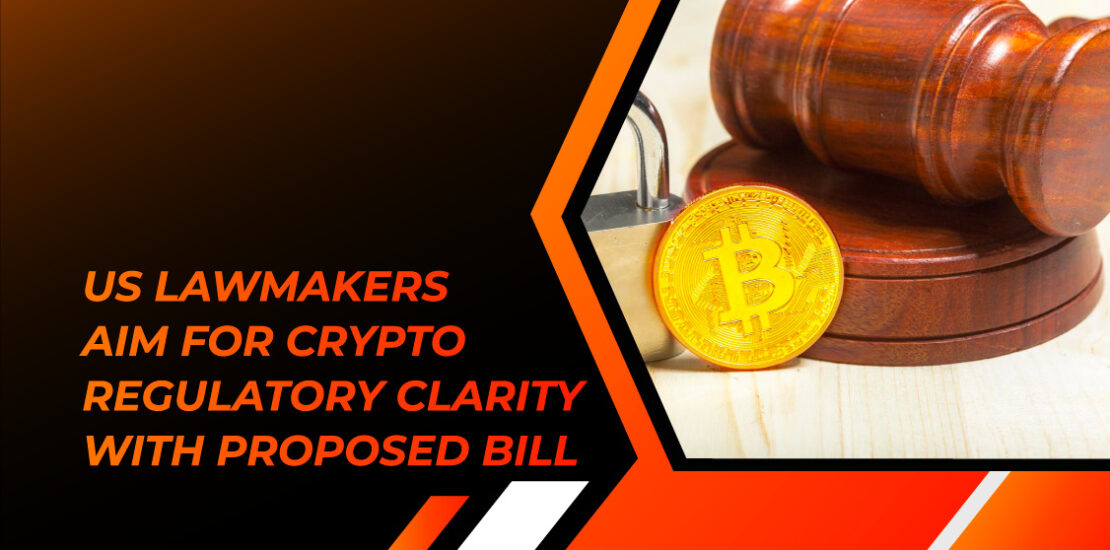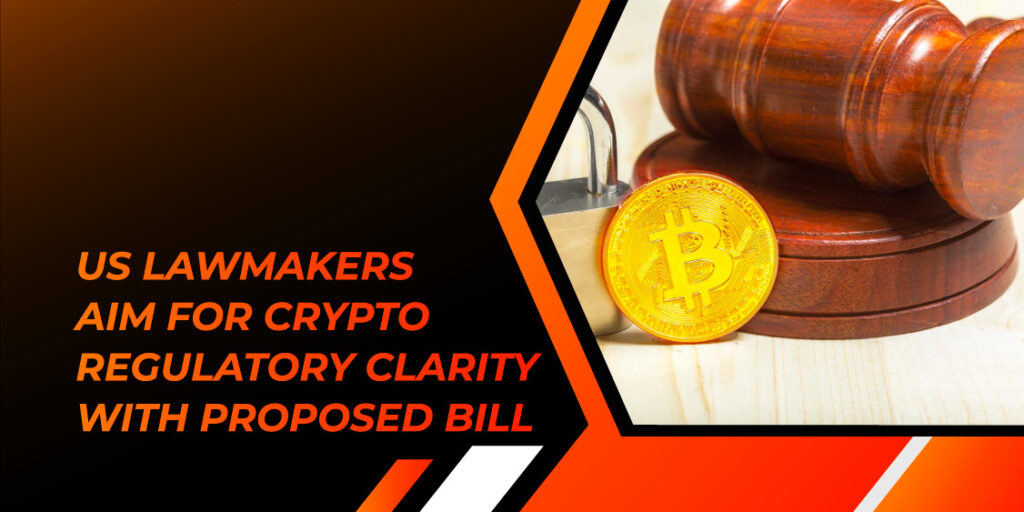- June 6, 2023
- Posted by: [email protected]
- Category:


The United States House Financial Services Committee and the House Agriculture Committee have released a preliminary draft for public comment that offers a potential framework for classifying certain cryptocurrencies as digital commodities. The proposal, which was published on June 2, attempts to establish a clear regulatory structure for cryptocurrency enterprises operating in the United States. It proposes a prohibition on the U.S. Securities and Exchange Commission (SEC) from rejecting regulated alternative trading systems that facilitate digital asset trading. Additionally, it would enable these platforms to offer “digital commodities and payment stablecoins.”
The proposed legislation specifically addresses the concerns raised by many within the crypto industry regarding the SEC’s ambiguous regulatory approach. The framework, as outlined in the bill, would classify digital assets as digital commodities if they are considered decentralized and possess functional qualities. Furthermore, it would require the SEC to provide a detailed analysis if they object to a firm’s classification as decentralized.
The draft also mandates the modification of SEC rules to permit broker-dealers to hold custody of digital assets, provided they meet specific requirements. Additionally, the legislation calls for the SEC to update regulations pertaining to digital assets.
Paul Grewal, the chief legal officer of Coinbase, a leading cryptocurrency exchange based in the United States, praised the draft bill for establishing regulatory jurisdiction and definitions. Grewal, on the other hand, underlined the importance of a thorough examination before its formal introduction. Coinbase recently launched an advertisement campaign promoting crypto adoption in anticipation of a lobbying event scheduled for July in Washington, D.C.
The legislation was introduced by the Chair of the House Financial Services Committee, Patrick McHenry, and the Chair of the House Agriculture Committee, Glenn Thompson, both Republicans. Notably, it did not incorporate input from lawmakers on the Democratic side. While Democrats and Republicans have previously demonstrated a willingness to collaborate on crypto regulation, it remains uncertain how far this proposed legislation will progress in a politically divided Congress.
At the time of this publication, U.S. lawmakers in the House and Senate had passed legislation to avert a government default by raising the debt ceiling. President Joe Biden is expected to sign the bill into law in June.



